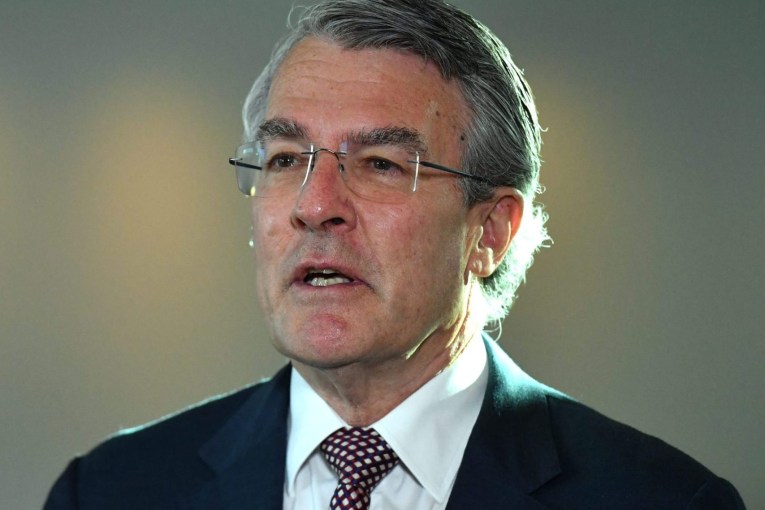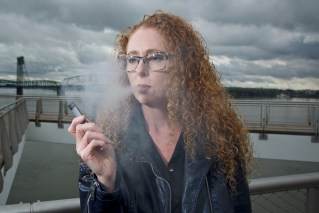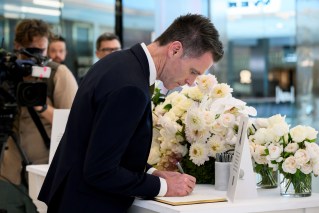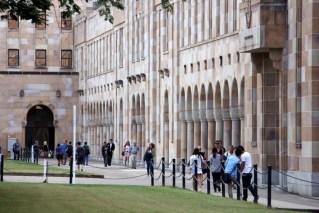More talk, less action – if that action is going to get you in trouble
It’s a job that comes with little sympathy and no funding, but a Queensland pastor says it’s possible to help men who’ve done very bad things change — if they’re willing to have some tough conversations.
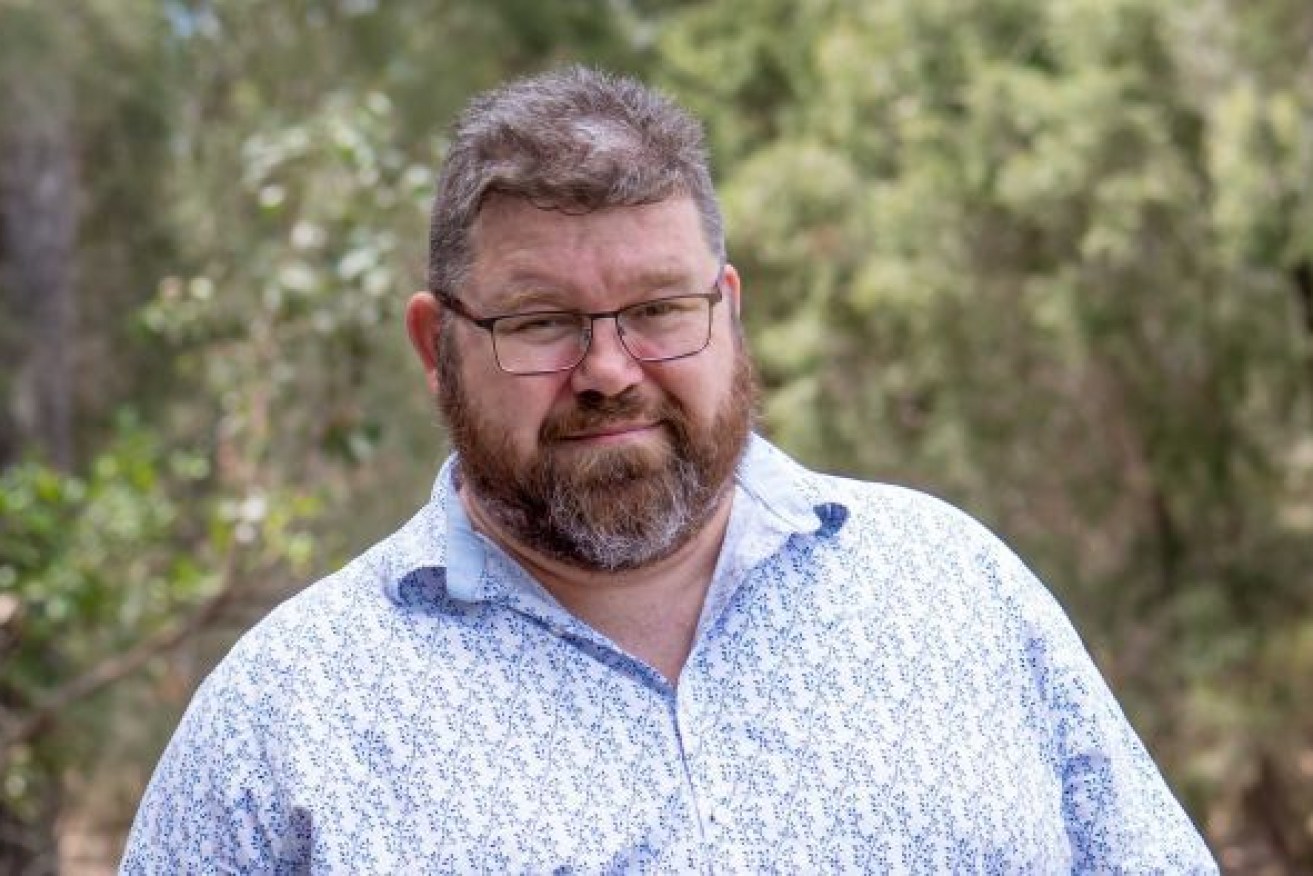
Ron Hutchinson's works receives very little public sympathy and no public funding. Photo: ABC
Can you keep someone out of prison, off drugs or stop them from lashing out violently just by having a conversation?
That’s the approach Ron Hutchinson has taken in an effort to rehabilitate people on the edge of society in Brisbane — and he says it’s working.
“We’ve got people who should be in jail, people who are coming out of jail, substance abuse, bad mental health, domestic violence — you name it,” Hutchinson said.
Hutchinson is a pastor at the Fringe Church in Redcliffe, a not-for-profit that is largely funded by him and his wife, where he and others help to integrate people back into the community.
The first step, according to Hutchinson, can be confrontational.
“Basically, the first conversation I have with them is, ‘Firstly, you know you’re a dickhead, right?’” he said.
“And the answer has got to be yes.”
Within three weeks of its establishment five years ago, 25,000 people had signed up with the organisation for help.
Hutchinson said part of his role was to help people take ownership of their past, deal with it, and plan for the future.
For some that could mean facing the criminal justice system.
“You’ve planted shit — all this rubbish and stuff in your life,” Hutchinson said.
“You need to reap it, harvest it and eat it.
“I will walk with you while you do that.”
The Bald Hills father of four said not being able to talk openly and without judgment could make matters worse for the people he worked with.
The organisation is staffed with about 25 volunteer mentors, all of whom are trained through a program designed by a psychologist.
“They meet up at first, once a week, then once a fortnight, then once a month,” Hutchinson said.
“We’ve seen guys come off drug addiction, abuse, families coming back together — people reintegrating into society quite well by having someone they can talk to.”
Family violence organisation DVConnect said it supported efforts of the Fringe Church.
“We believe that there needs to be a whole-of-community response to stop violence against women,” a spokesperson said.
“Men who are taking responsibility for their use of violence and abuse and are demonstrating a commitment to making unconditional agreements to change their abusive behaviour provide examples that positive change is possible.”
Hutchinson said isolation was one of the biggest problems for the people he worked with.
“They’re lost, they’re alone,” he said.
“They’ve got no one to turn to, no one to fill the space.
“It’s the same with criminal activity — a lot of it would be stopped if they felt that they were part of society and contributing, as opposed to being shunned.”
The work of people like Hutchinson is integral to a person’s reintegration into society, according to University of Queensland School of Law researcher and former social worker Professor Tamara Walsh.
“It’s about building a rapport with someone — trying to understand what brought them here and trying to implement a response that meets that person where they’re at,” Walsh said.
“If the goal is to release that person into a society where we expect them to function, then we need to … resocialise people.
“If we don’t make the effort to do that, then we’re setting ourselves up to fail and setting the individual up to fail.”
Walsh said while incarceration was a necessary punishment for some crimes, the majority of crimes were non-violent and could be better dealt with in other ways.
It is a point Queensland University of Technology Head of Justice, sociologist and criminologist Professor John Scott also makes.
He said the methods used to rehabilitate people in the criminal justice system did not work, generally, and that roughly one third of people were likely to return to prison.
“Prisons have been called ‘universities for crime’ and I think that descriptions a pretty fair one,” Scott said.
“When you dump someone into a prison community, the types of values that they get out of that aren’t the sort of values that we want them to take away.”
Scott said penalties like community service or fines tended to have better outcomes and came at much lower costs.
Hutchinson said of the thousands of people that had come through his service only two had re-entered the criminal justice system.
Walsh said at the heart of offending was trauma and greater work was needed to address it as the cause of offending.
Hutchinson said his work was “not fashionable” and received very little public sympathy and no public funding.
“There’s nothing financial in it for us and so it’s like, how is this sustainable?” he said.
“The answer is, it isn’t — but that doesn’t mean we shouldn’t do it.”
A small amount of donations trickle into the organisation, but Mr Hutchinson has not had an income in five years.
“My poor wife deals with a lot of rubbish,” he said.Hutchinson has been nominated for the ABC Radio Brisbane Community Spirit Awards.
He is joined in the category by Stafford Meals of Wheels President Jack Pool, stutter advocate Vikesh Anand and Village Yeronga events organiser Eunice Leitch.
– ABC / Edwina Seselja
